Sir Keir Starmer has taken the international lead in a new initiative which aims to bring long term peace to Israel and Palestine.
The prime minister has drawn inspiration from his work in Northern Ireland by throwing his weight behind reviving a scheme designed to bring a sustainable settlement to the Middle East.
Sir Keir has ordered foreign secretary David Lammy to hold an international summit in London early next year to kickstart the International Fund for Israeli-Palestinian Peace (IFP) which is backed by the The Alliance for Middle East Peace (ALLMEP) – a network of over 160 organisations engaged in civil society peacebuilding between Israelis and Palestinians.
Sir Keir served as human rights advisor to the Northern Ireland Policing Board, which supervises the Police Service of Northern Ireland (PSNI), from 2003 to 2007. In the role, he worked to ensure that the PSNI was compliant with its obligations under the 1998 Human Rights act in the wake of the Good Friday Agreement.
Supporters of the scheme believe it will not only help bring peace to the war torn region in the long term but help heal divisions within Labour and the UK about the ongoing troubles in the region, as well as adding to the prime minister’s legacy.

Labour Friends of Israel (LFI) chair Jon Pearce MP has been pushing for the government to take a lead with the scheme and reignite it.
He said: “After years of campaigning by LFI and MPs from across the House, I am delighted that the prime minister is putting the UK government’s full diplomatic weight behind the establishment of an International Fund for Israeli-Palestinian Peace.
“At a bleak time for the Middle East, the foreign secretary’s summit to coordinate civil society support for the region, offers a rare spark of light for a better future for Israelis and Palestinians, one which draws upon the unique experience and expertise which helped bring the conflict in Northern Ireland to a close.”
The scheme pools funds from G7 countries following an initial injection of $250 million from the US in 2020 to help create “an environment conducive to peacemaking.”
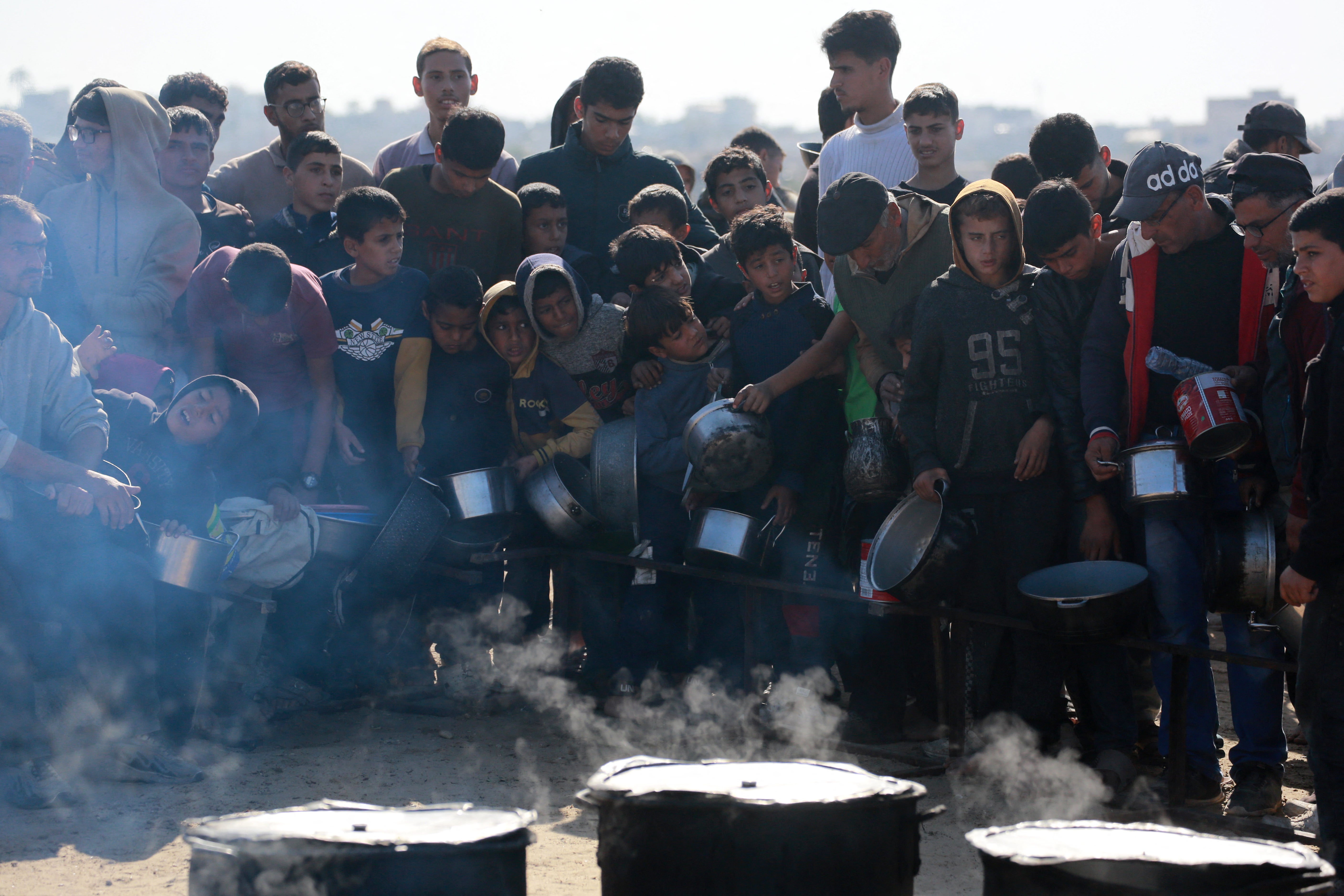
It specifically directs funding for “projects to help build the foundation for peaceful co-existence between Israelis and Palestinians and for a sustainable two-state solution”.
It works for “peaceful co-existence, dialogue, and reconciliation between Arab and Jewish citizens of Israel”, and “investments in, and support to, entities that carry out projects that contribute to the development of the Palestinian private sector economy in the West Bank and Gaza”.
A particular priority is given to “projects that increase economic cooperation between Israelis and Palestinians”.
One of its aims is to give opportunities for both young Israelis and Palestinians on internships in G7 countries to meet, live and work together.
In a joint piece for The Independent, former Labour shadow Middle East minister Sir Wayne David and ex-Tory Middle East minister Alistair Burt described the scheme as vital for ending the ongoing conflict.
They said: “The prime minister’s pledge reflects growing global momentum to support peacebuilding efforts from the ground up, ensuring that the voices of those who have long worked for equality, security and dignity for all are not only heard, but are actively shaping the societal and political conditions that real conflict resolution will require.”
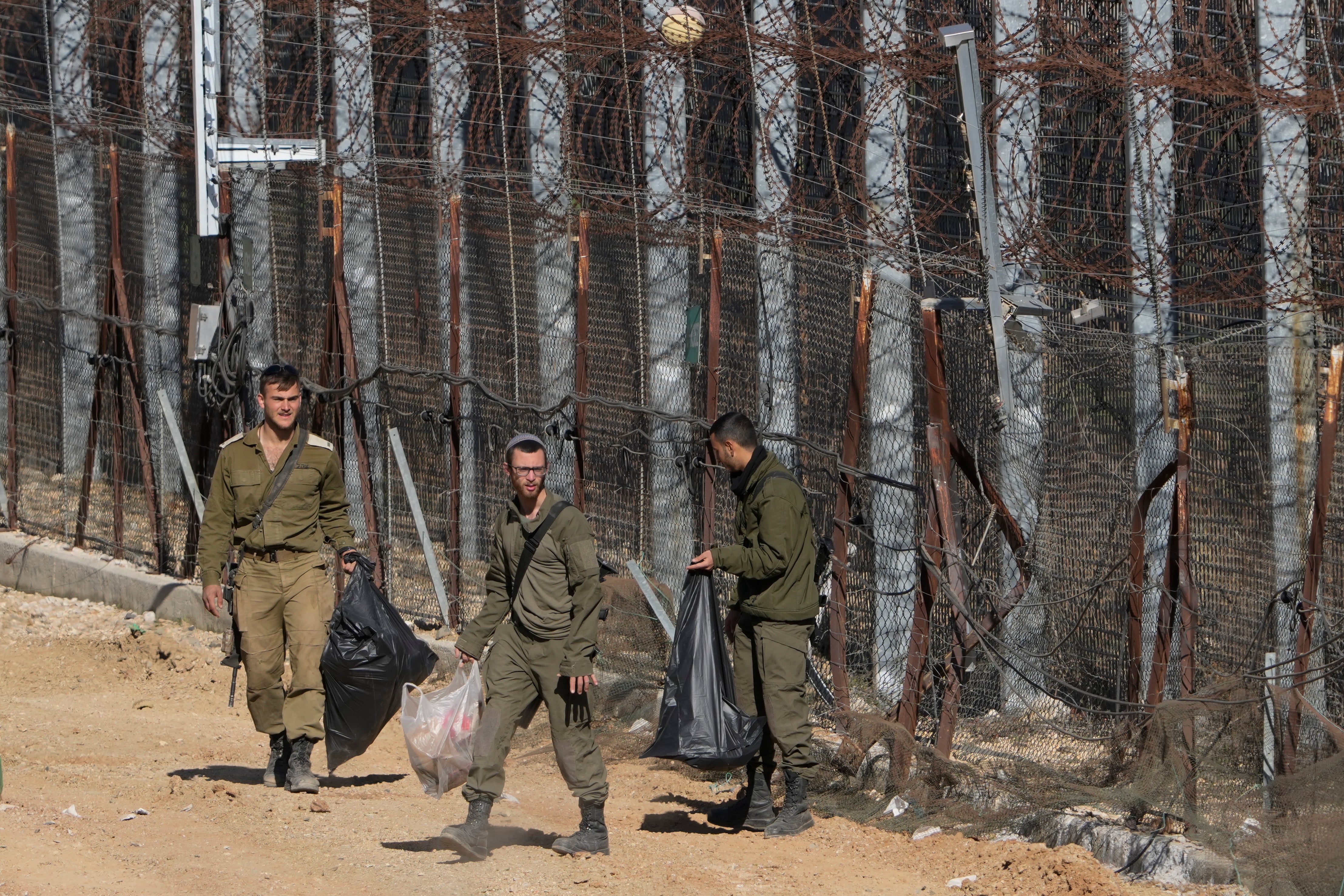
They added: “Starmer’s announcement that the Foreign Secretary will host an inaugural meeting in London to support peacebuilders is a vital first step, very much in line with David Lammy’s ‘progressive realism’. This meeting will help to solidify the UK’s role as a leader in shaping the future of the region.”
The IFP is modelled on the International Fund for Ireland (IFI), a similar instrument that helped shape the societal and political conditions leading to the Good Friday Agreement in Northern Ireland.
It began its work in the late 1980s, when Northern Ireland’s Troubles were at their worst but by pooling resources and bringing together peacemakers and young people from both communities together they were able to lay the foundation for the Good Friday Agreement in 1999.
Tony Blair’s chief negotiator Jonathan Powell– serving today as Sir Keir’s national security adviser– once called it the “great unsung hero of the Good Friday Agreement”.
Sir Wayne and Mr Burt described the UK as “a natural convener” for the scheme, adding: “That role is needed now more than ever.”
They said: “The British Government is in a good position to do this for three reasons: Firstly, the very public reaching out to diplomatic partners, and joint ministerial visits, emphasises the Government turning a page on its key relationships.
“Secondly, Britain retains a significant influence in the Middle East, often bridging across those who may have differences with each other. And, thirdly, there is the experience of Northern Ireland.
“Because of his personal and professional engagement with Northern Ireland, Keir Starmer is fully aware of the important role civil society has played in helping to lay the foundations for peace.”












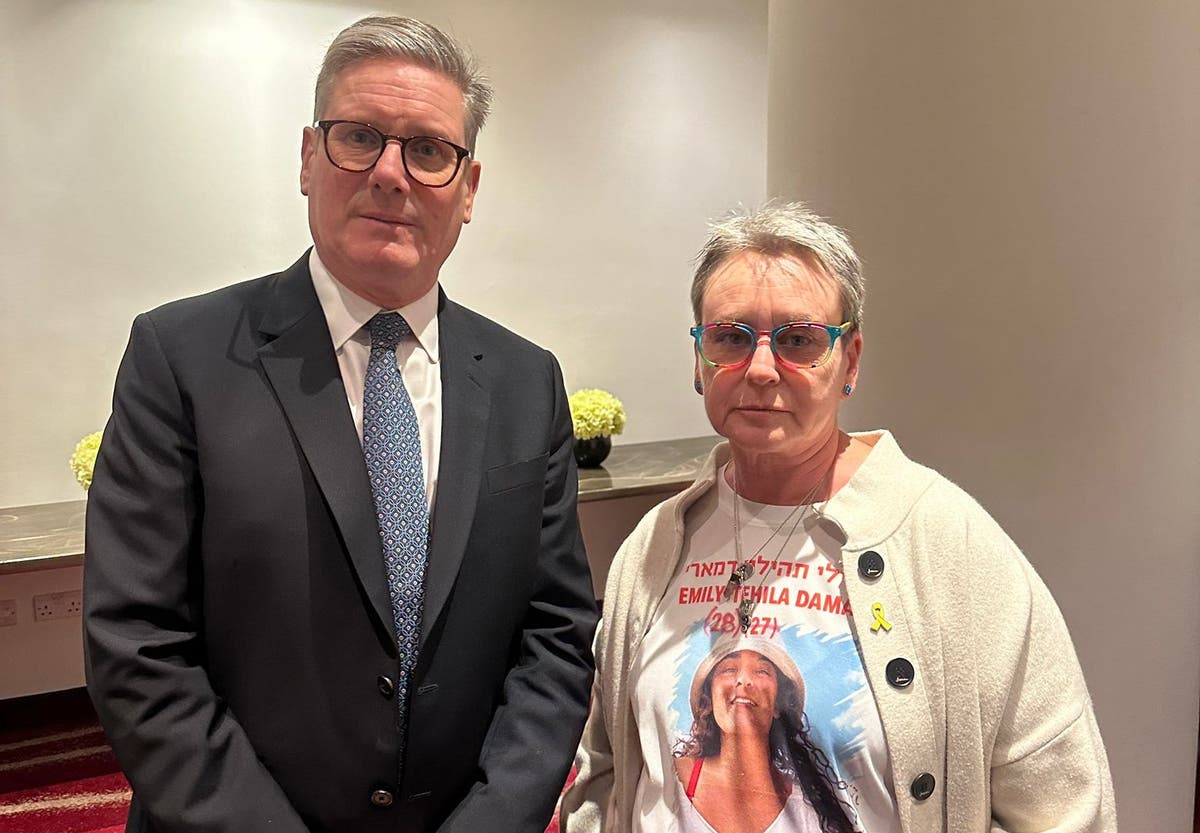


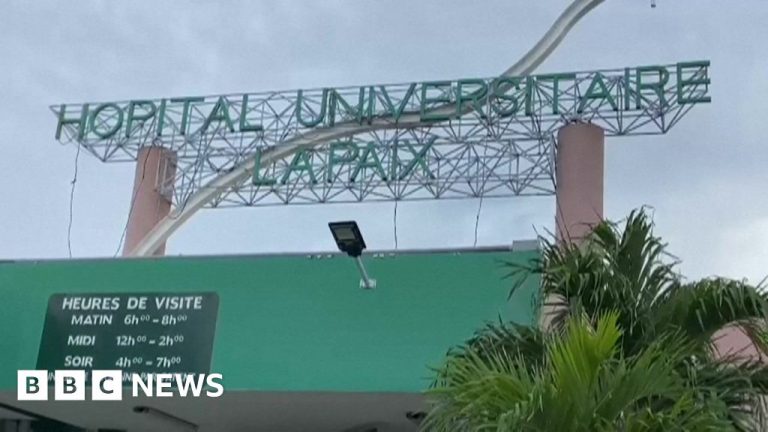







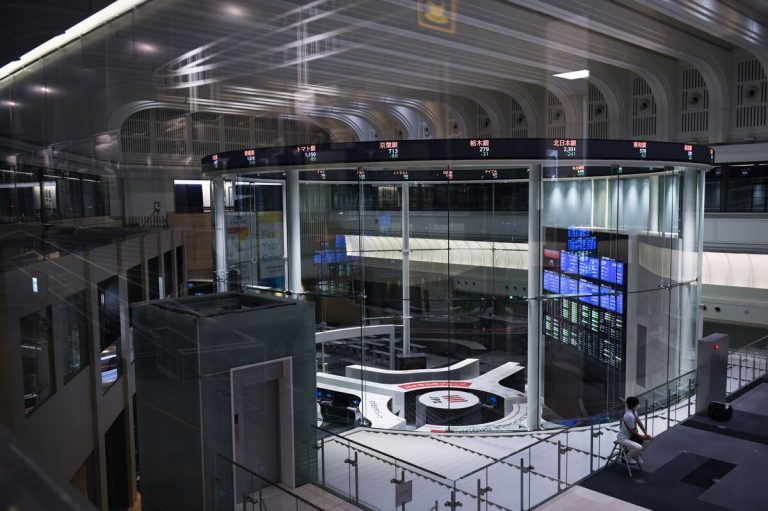
+ There are no comments
Add yours